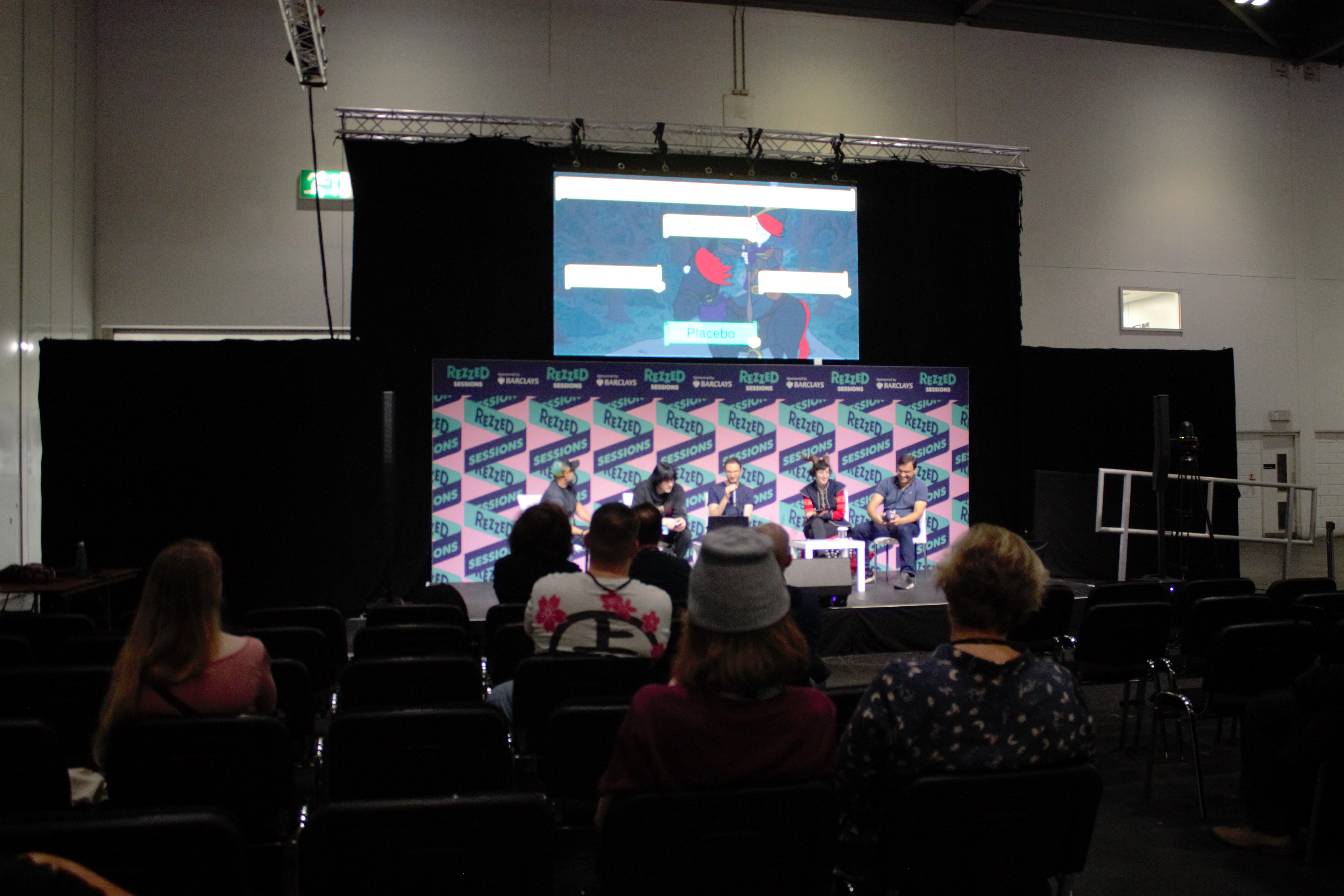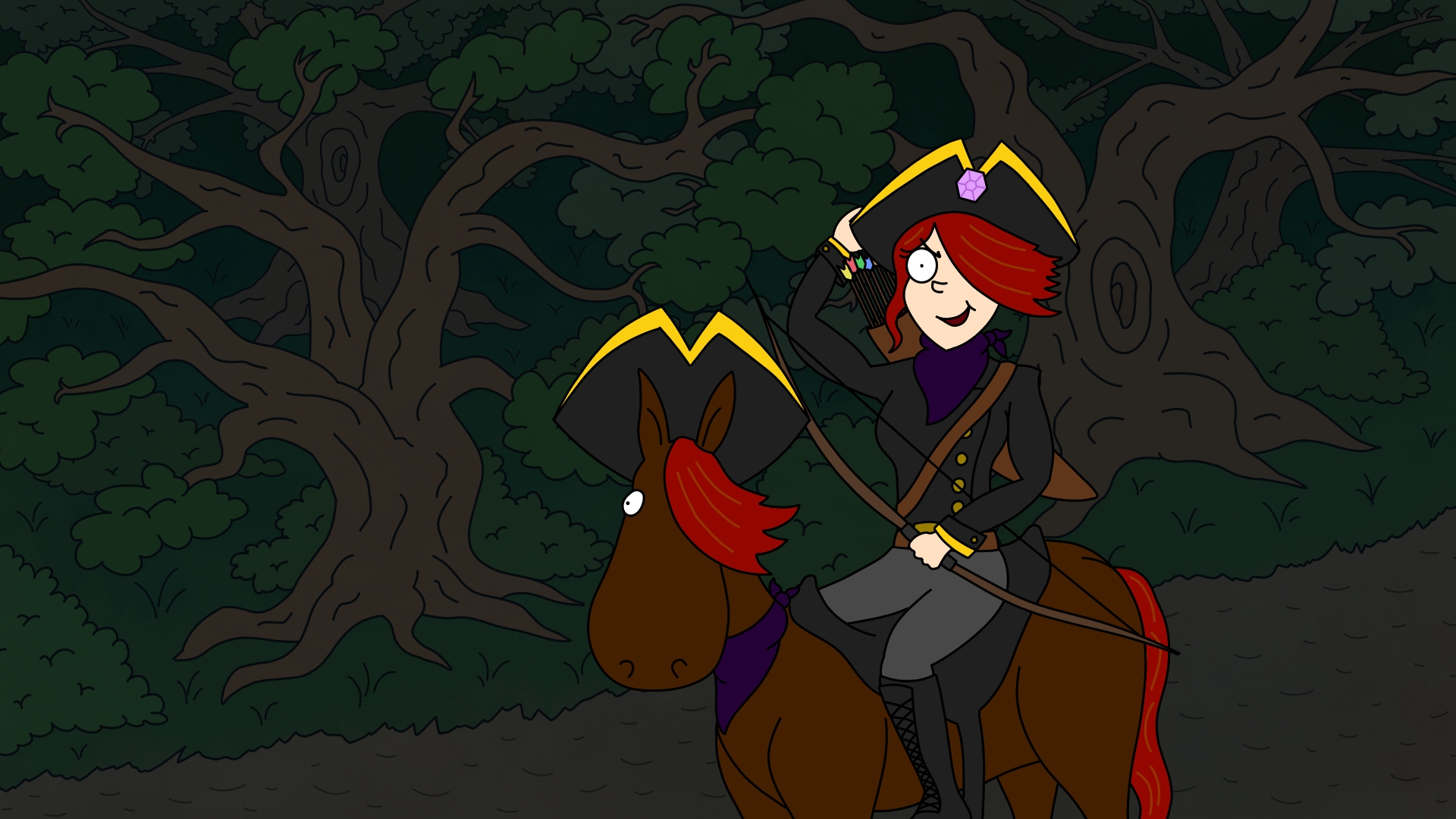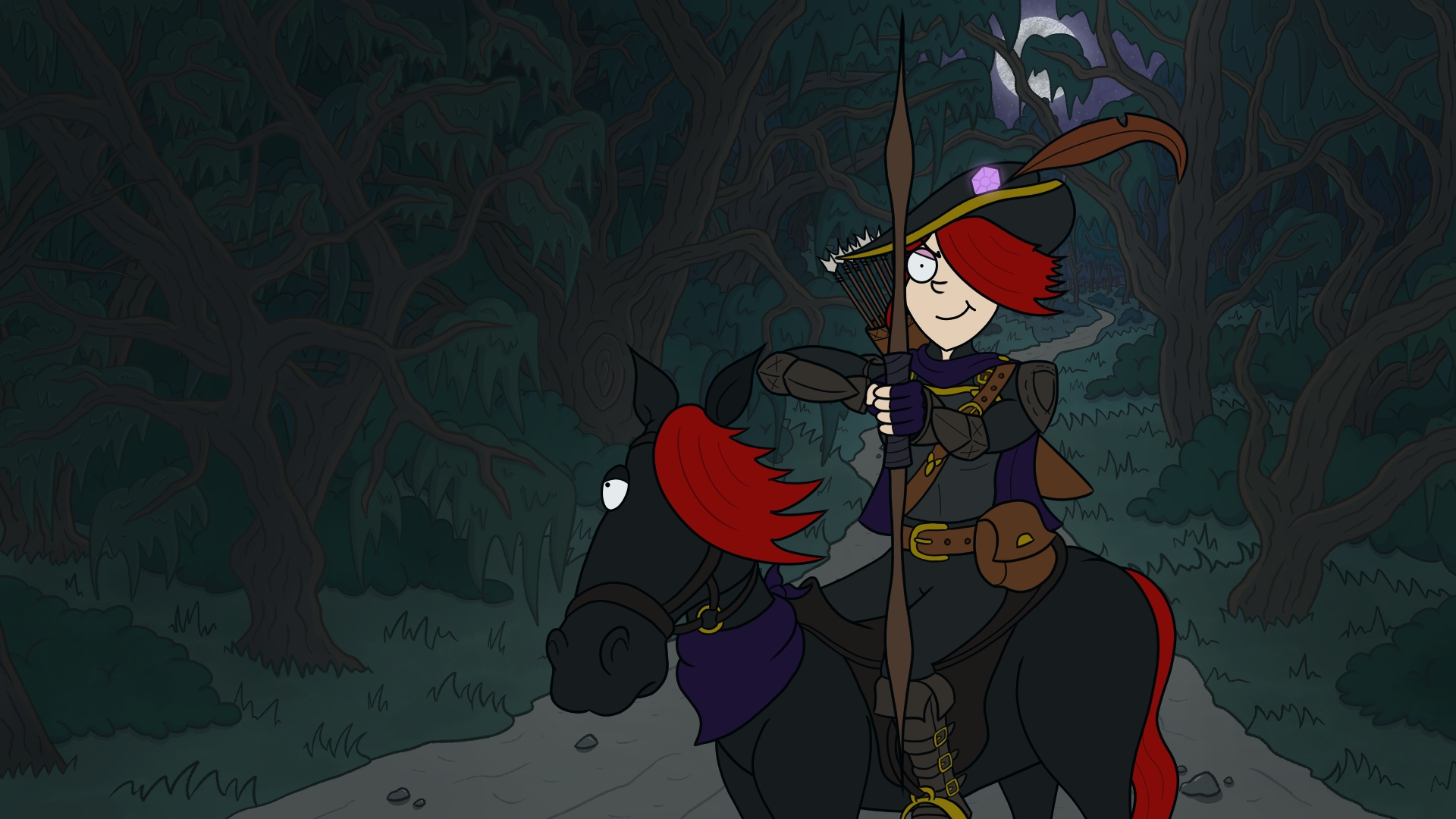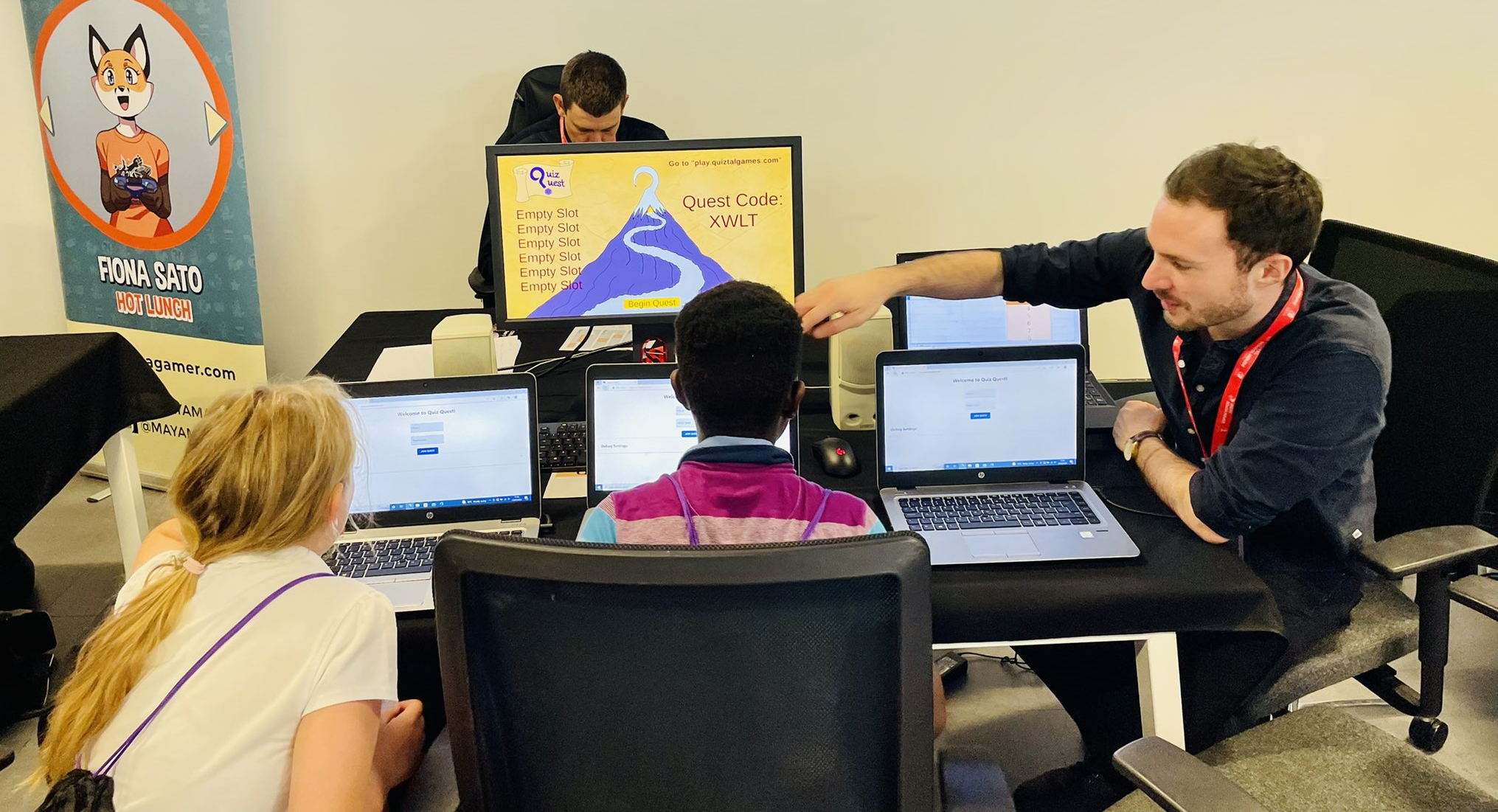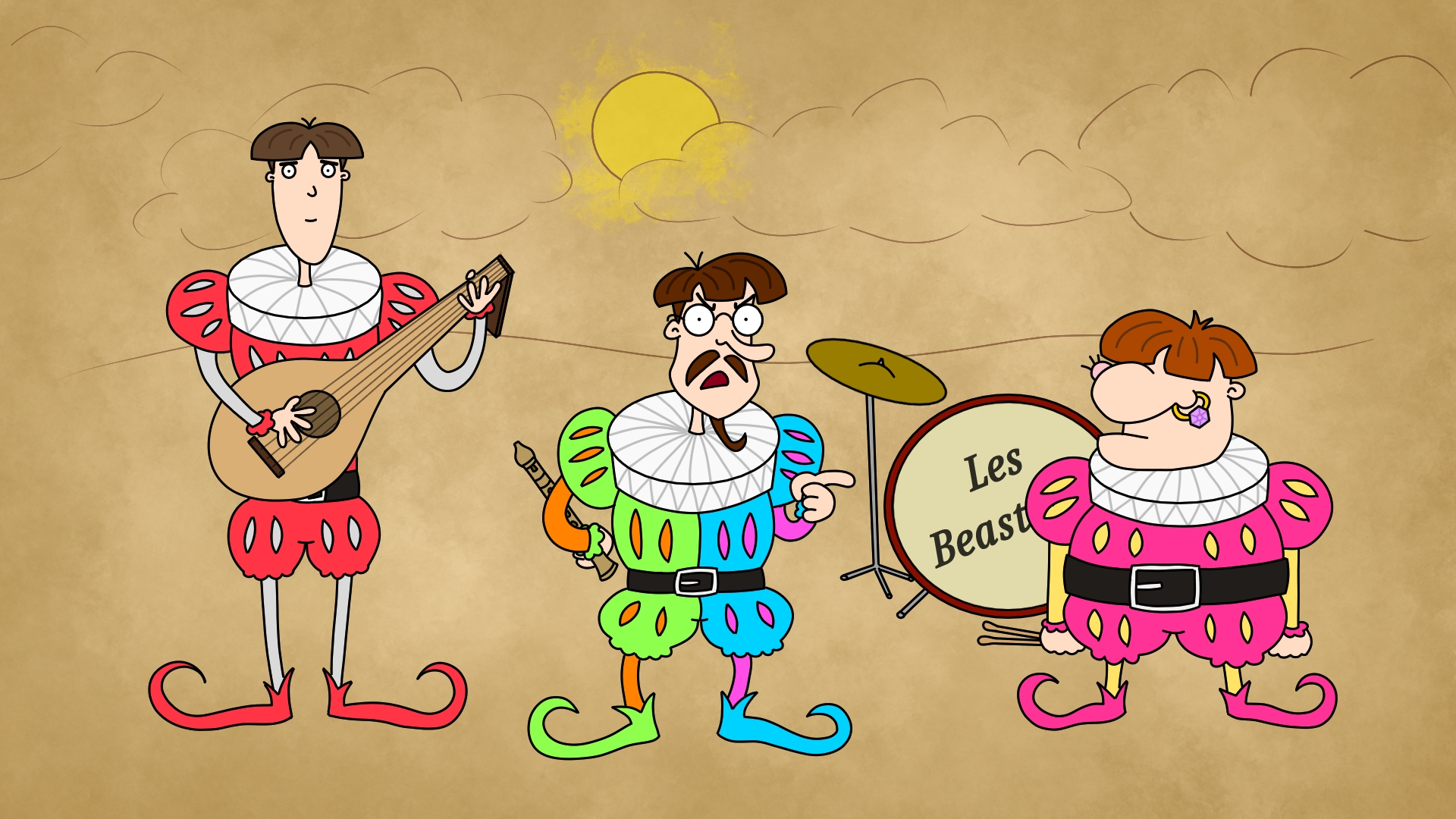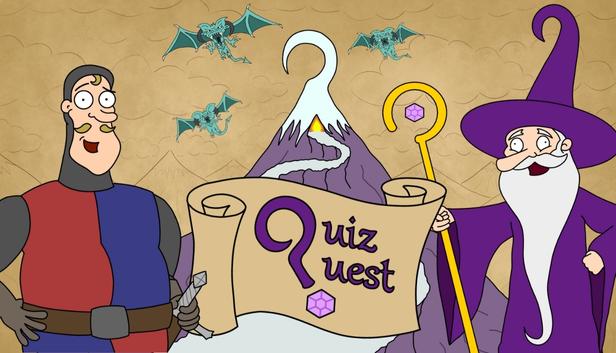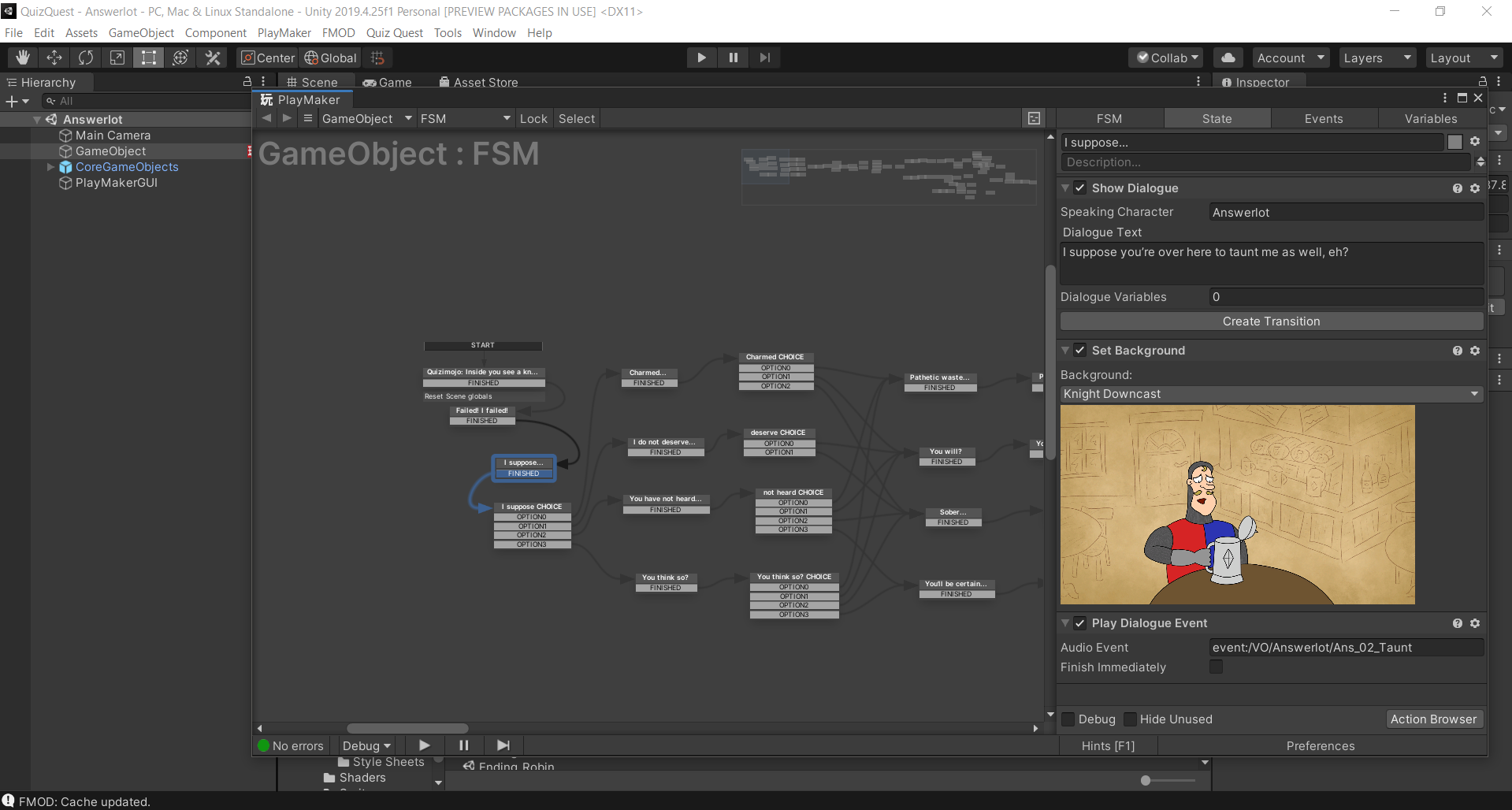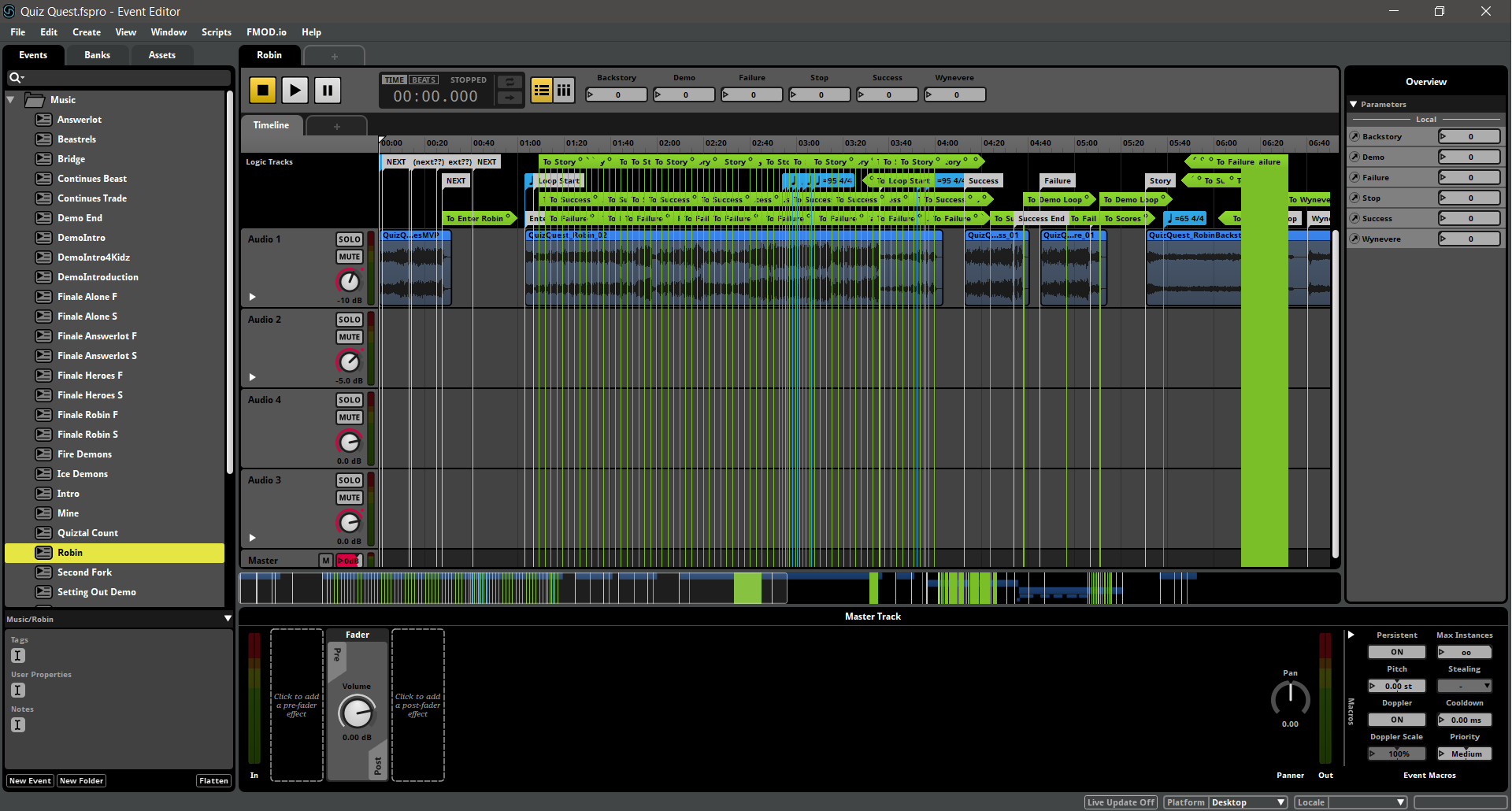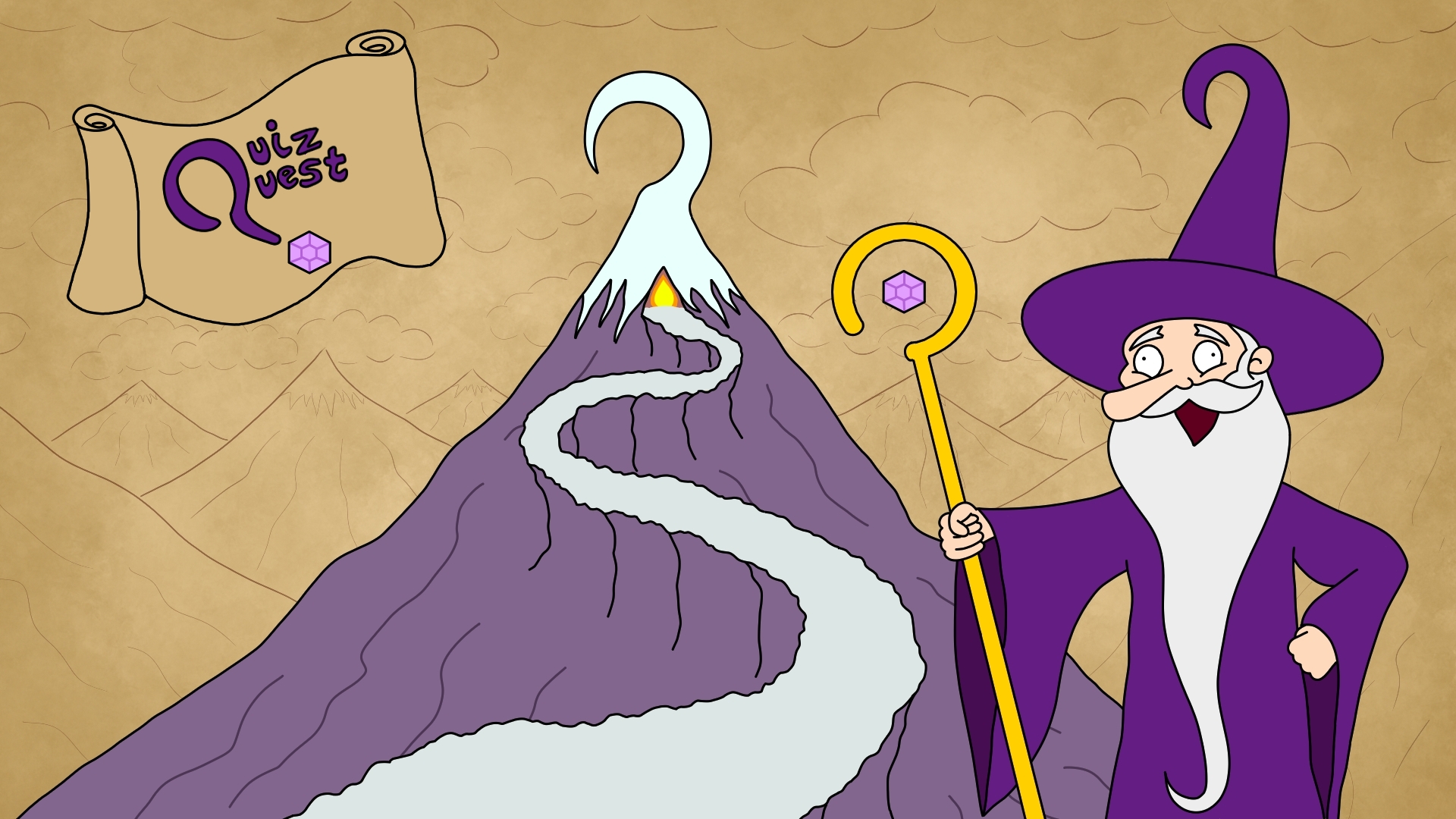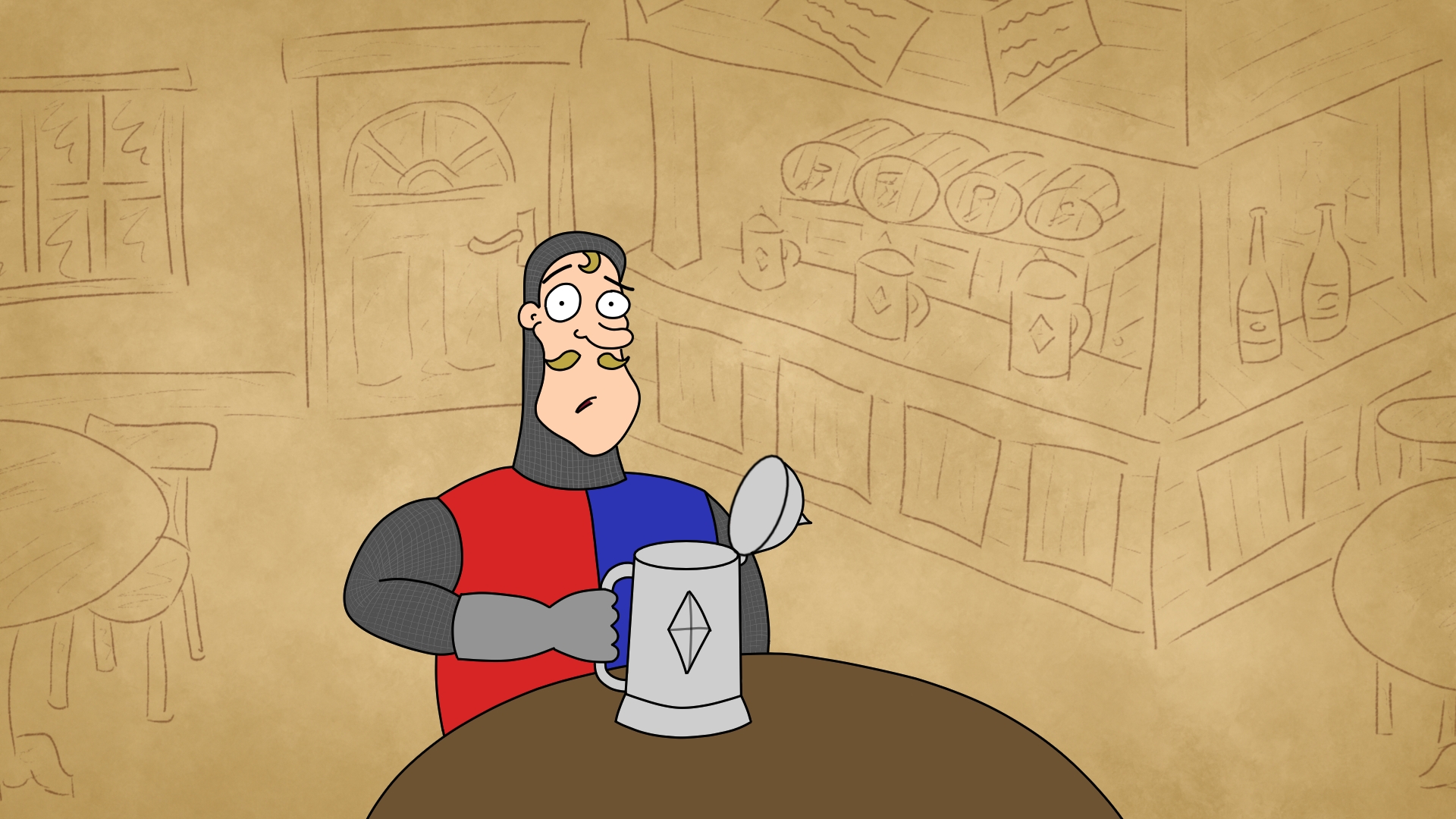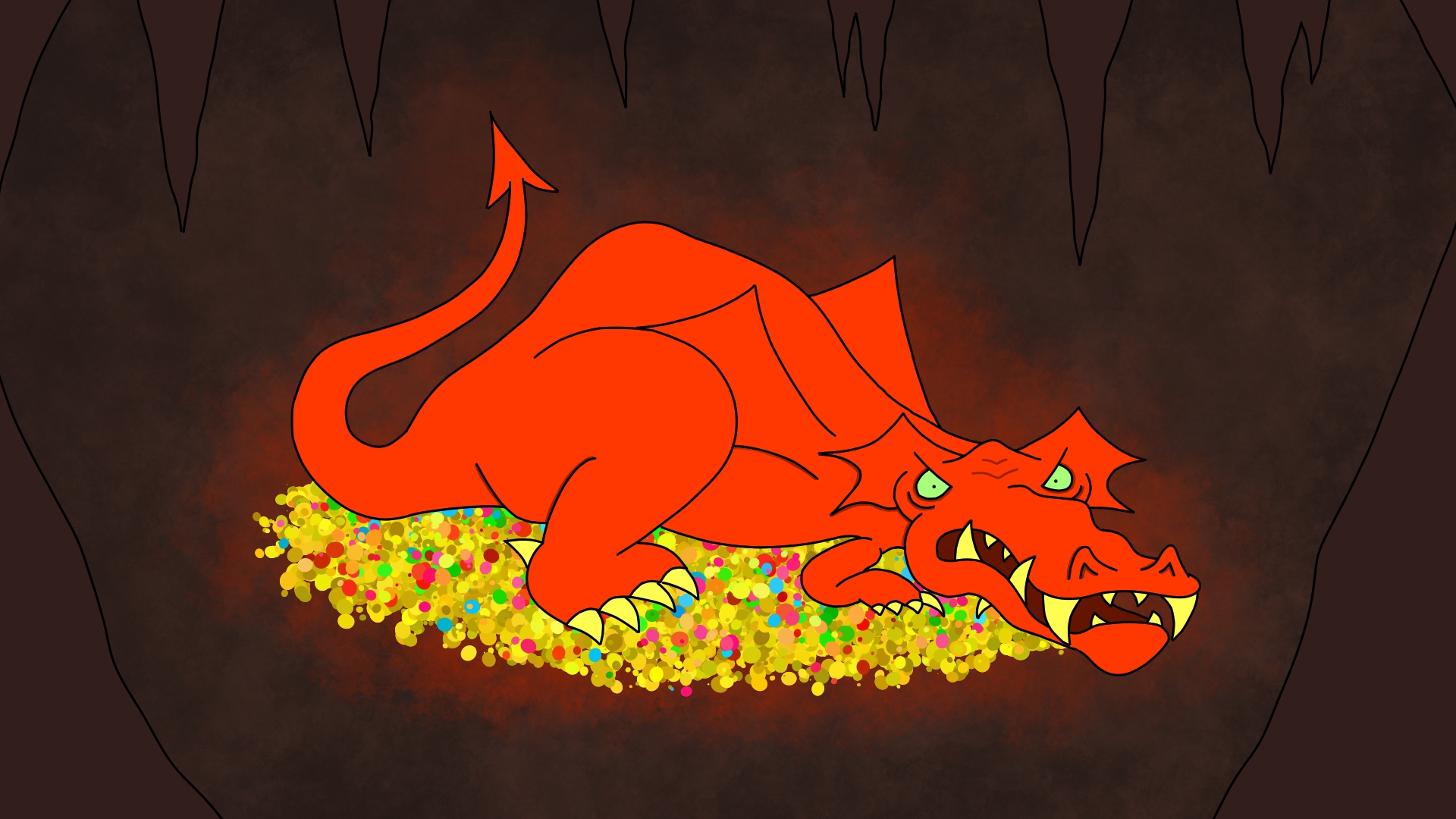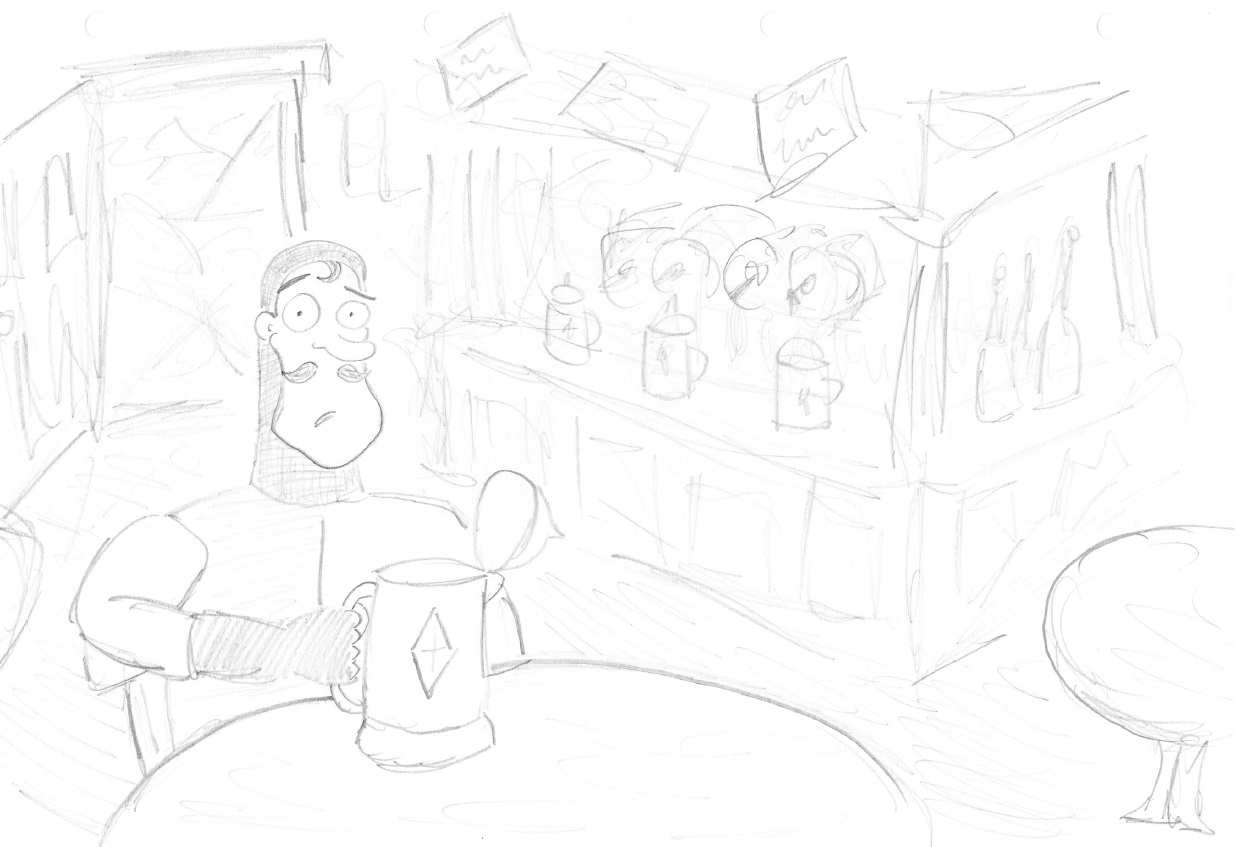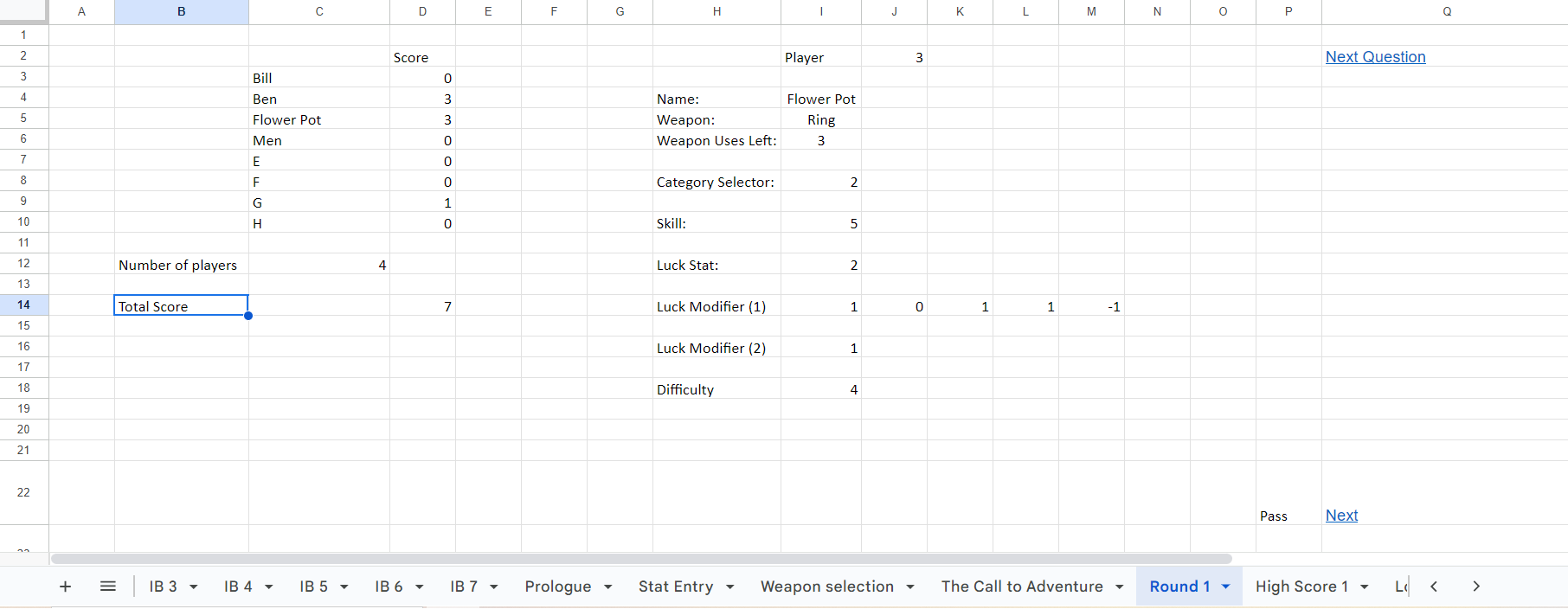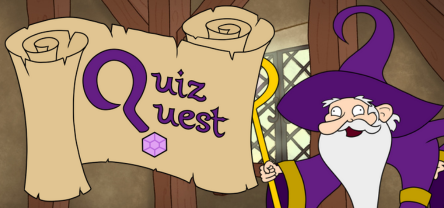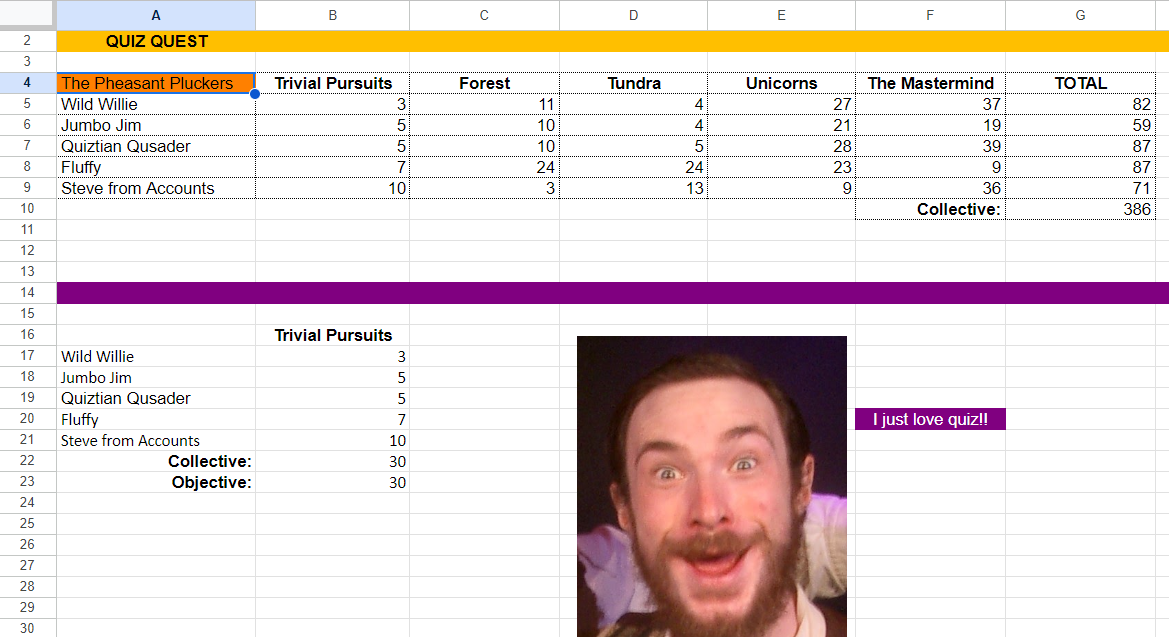In June 2023, Michael and I attended a UKIE networking event in London. The talks were interesting and the free pizza and wine were a nice bonus, but the best thing was running into Elaine Dowman from Barclays with whom we had connected at the London Games Festival the previous year. We caught Elaine up on where we were at with the game and then all of a sudden she was offering us a slot presenting at EGX in October. We couldn’t believe our luck!
Everything shifted gears as we prepared for the presentation. Our new developer got to work squashing bugs, Lizzie began revamping our social media presence, and I updated a few aspects of the demo, made some presentation slides and wrote my speech. It was down to the wire getting everything ready. The new code wasn’t ready until the morning of the event and I had been in and out of sleep throughout the night checking on the progress. But we made it and were as prepared as we could have been.
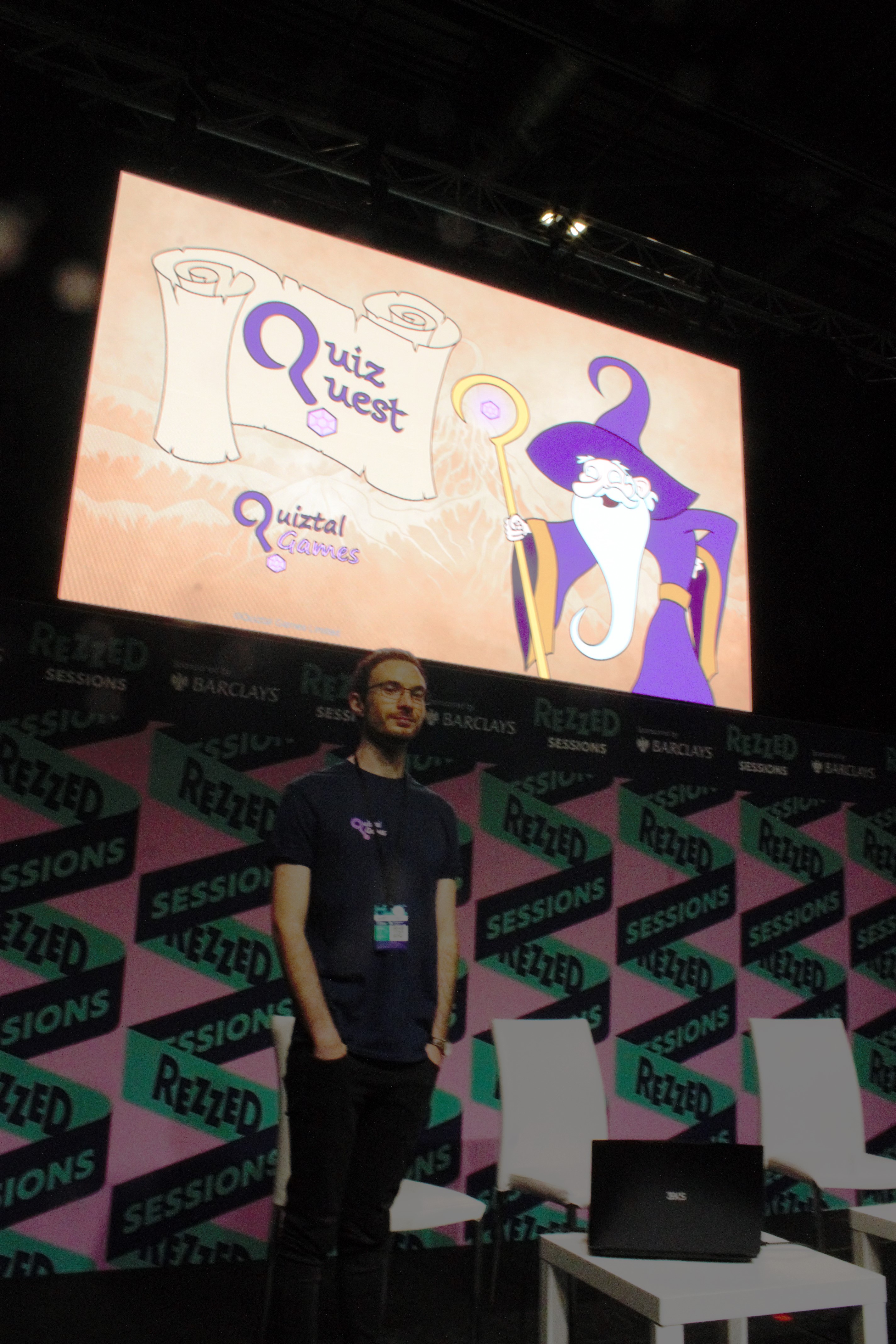
Elaine had told us that it was possible we could be presenting to an audience of zero, but thankfully a decent number of people came to watch. My speech about the game and our plans for it went okay despite my nerves and lack of sleep, and we were able to get four lovely people up on stage to play the demo. In accordance with Sod’s Law, the demo bugged out half way through, so I ended up having to cut the presentation short. The cause was probably some kind of Wi-Fi connectivity error because Wi-Fi is notoriously poor at these kinds of big events and Quiz Quest is so reliant on it. Up until the bug reared its ugly head the four volunteers seemed to be having fun, which was great to see, but overall the whole experience left me feeling incredibly deflated. I designed Quiz Quest to be a collaborative, communal experience, but the event hall was so noisy that cooperation between the four volunteers was all but impossible because they simply couldn’t communicate with each other. As a result, they never got to see the newest feature that myself and the dev had been working on: a ‘Team Bonus’ notification for when everyone answers the same question correctly. But niggling and negativity aside, it was amazing for such a fledgling company to have had the opportunity to present what is really only a prototype on a stage at such a big event. Even if it hadn’t gone as smoothly as it could have done, it can still be chalked up as a win. Once again, I would like to express my thanks to Elaine and the team at Barclays for making all of it possible.
Lizzie and I spent the rest of EGX playing loads of games, which was great fun! Games that particularly stood out to me were Loddlenaut (a cute little cosy game where you float around an alien ocean cleaning up rubbish), Glass (a puzzle game based around constructing stained glass windows) and the various wooden games and puzzles from Imagination Gaming in the Tabletop Zone. (The Retro Zone was a welcome trip down Memory Lane as well!!)
So, nearly four years after coming up with the idea, we are really only at the start of our development journey. Our priority is completing the ‘Minimum Viable Product’ version of Quiz Quest. This version will progress through the four core levels for which the multiple choice trivia quiz mechanics are already in place, and will feature all of the weapon and stats mechanics that I envisioned when we first started. We intend to use the MVP for further pitching and playtesting while we work on the full game. This is where the story catches up to the present day, so this Devlog will now be a place for me to post development updates as they occur.
